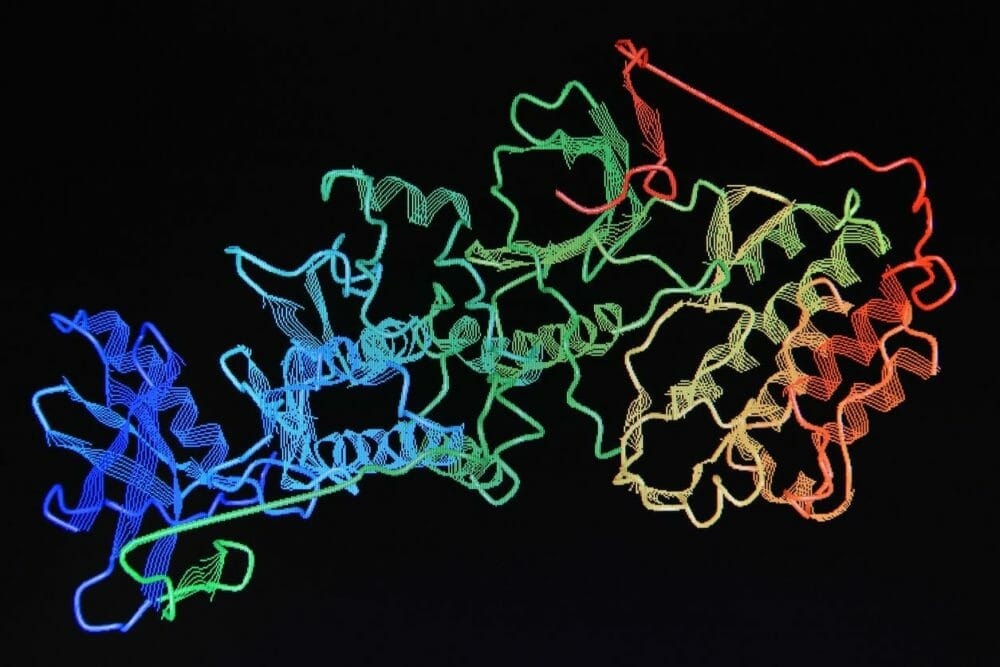Protera, a Chilean startup designing and developing new proteins, has closed a $5.6 million Series A financing round led by Sofinnova Partners, a European life sciences venture capital firm. Tech venture capital firm SOSV, an existing investor, also participated.
The funding will support the development and commercialization of Protera’s protein ingredient portfolio. In a phone interview with AFN, Joško Bobanović, a partner at Sofinnova Partners, also revealed the team’s planned relocation from Santiago, Chile, to the ShakeUpFactory in Station F, Paris.
Both the move and the financing announcement were delayed, perhaps unsurprisingly, due to Covid-19. Now it’s official, Bobanović will formally join Protera’s board of directors.
While the company believes the world of designing and then fermenting proteins offers myriad opportunities, CEO Leonardo Álvarez said there were near-term gains to be made by zeroing in on replacing unhealthy and ineffective “E-number” chemical preservatives like calcium propionate, often present in foods targeting children.
“The whole industry is moving toward clean label ingredients, but it is very difficult to have the same performance,” he said in a video call from Chile. His company has managed to overcome this traditional difficulty for some foodstuffs by designing one particular protein product called protera guard, which he said could, in fact, outperform standard chemical preservatives. At present, it can help food stay microbe-free for up to 20 days with a target to reach 30 days, and this is all without packaging.
“The bottleneck is in the design,” Álvarez said about ways to make these proteins compete with E-numbers on price, claiming the price for scaling up protein fermentation was already dropping rapidly. Fermentation expertise was one reason the company was moving to France, a country with deep knowledge in this area that goes far beyond its rich tradition of wine or cheese.
Listicles of proteins
To design new proteins, Protera uses a proprietary deep learning algorithm, MADI, that predicts high value, patentable protein products and enzymes at speed. Where AI aids discovery, Álvarez pointed out, was in saving his company huge time and costs. Old methods meant having to individually test every protein they design in a biotech laboratory, which would be like finding a needle in a haystack of not-quite-right varieties. Instead, their AI model predicts which protein structure will have the right traits, whittling it down from a long list of thousands to a top 10 listicle of viable proteins to try out and verify in a lab.
Another bottleneck, however, will be regulatory pathways; the fermentation process involves genetic modification of yeast, so as it grows, it produces the required protein for Protera as a byproduct — it is up against the same regulatory restriction that keeps companies like Impossible Foods out of Europe; its burgers contain soy leghemoglobin produced through genetically modified yeast.
Still, part of the funding will go towards navigating a way through these regulations, and with the company about to begin pilot trials with multinational food companies, the company has already covered a lot of conceptual ground in five years. Founded in 2015 alongside COO Francia Navarrete, in 2016 the company joined IndieBio, the leading biology-focused accelerator in Silicon Valley. Since then, Protera has steered its AI technology toward mostly food, allowing it to craft functional protein ingredients that are clean-label and animal-free. Sugar reduction technologies — just like the Israeli company Amai proteins — are in the company’s sights for the future, as are emulsifiers for plant-based products.
“I got very involved in what is called the protein folding problem,” Alverez said of what drove him into starting a company around protein design. “If you can understand that, you can design proteins to do pretty much anything.”
What uses for synthetic protein design have you seen in action? Let us know by dropping a note over to [email protected]





